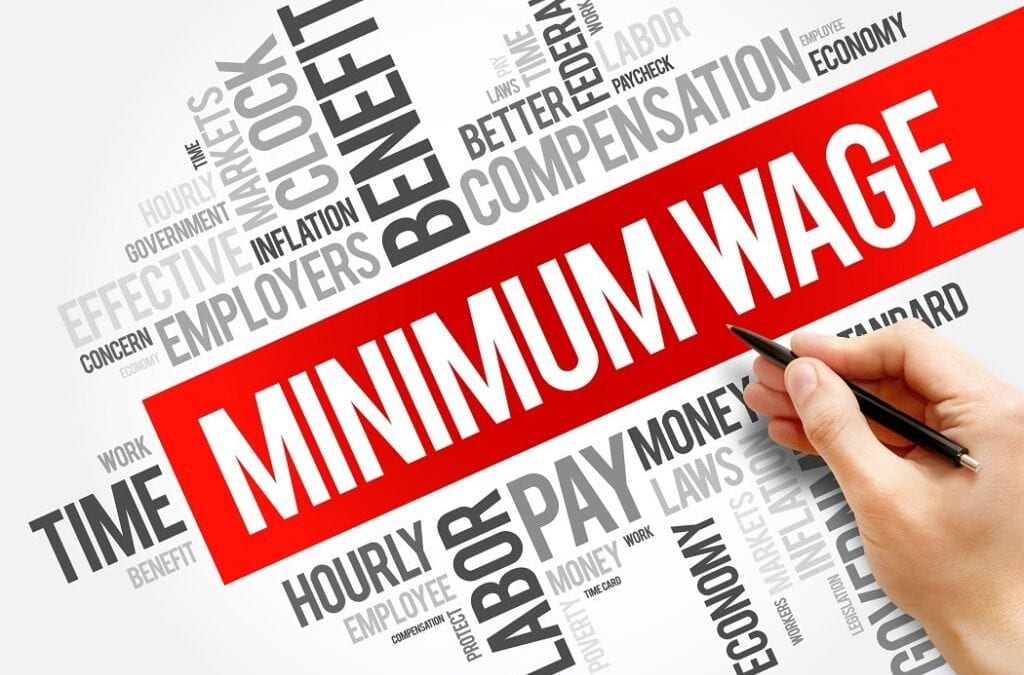Is the $340 minimum wage a good move?
The Barbados Workers’ Union (BWU) has long been advocating for the implementation of a national minimum wage to establish a protection floor in the workforce, so while we are heartened by this move in the right direction, the feeling is abated by the fact that we are still not there yet.
The recent discussions surrounding the Minimum Wage Order have been regarding the proposed $8.50 per hour/$340 per week becoming the new standard, but I have said publicly on more than one occasion, that it is significantly below where a minimum wage should be.
Even if previous analyses have shown that $340 could have been considered as a minimum for affording a basket of goods with the basic necessities of food, rent, utilities and public transportation per week, by today’s cost of living standards it is woefully inadequate.
For the BWU, the only acceptable statutory minimum is one that sees those affected earning a comfortable wage to live on, a minimum wage that embodies a living wage and therefore, because it is considers the local cost of living and any inflation, it will be continually revised based on such.
Is it sustainable?
Should it really be a conversation which looks solely at sustainability or one that incorporates a move towards enfranchising workers and reducing their dependence on our social services? I think we need to question whether or not either situation is independently viable. The BWU is of the view that a more livable wage is necessary to ensure that we do not repeat the lessons learnt and find too many people dependent on social services.
While the Union appreciates that this move may represent a significant increase to the current wage bill of some employers, perhaps the other timely conversation is that of revisiting the model that pairs the sustainability of a business with its ability to keep its salaries and wages at a decent minimum. As businesses regroup and transform post COVID, it is time to take a new direction which values its human resources and places an investment in its people in the column with the key assets, not with the liabilities on its balance sheet. If companies continue to see our people as expenses then there will never be a right time for change. The time is now.
Will the BWU be lobbying for more?
Yes. In this conversation, the Executive Council of the Barbados Workers’ Union has and will continue to be vociferous in its view that a minimum wage should not only be seen in the context of the comfort of the employer, but by what it is intended to do for the worker. It is untenable and almost unimaginable for some companies to readily admit that their only means of survival at this point lies in their capacity to suppress a workers’ wages to what we all agree is unconscionable and unlivable in the Barbadian market.
Our intention is to work together on an agreeable start and over time the implementation of a wage protection floor that will take our most vulnerable workers above that poverty threshold. In other words, the BWU will continue to lobby for a minimum wage that aligns with a living wage.


Recent Comments